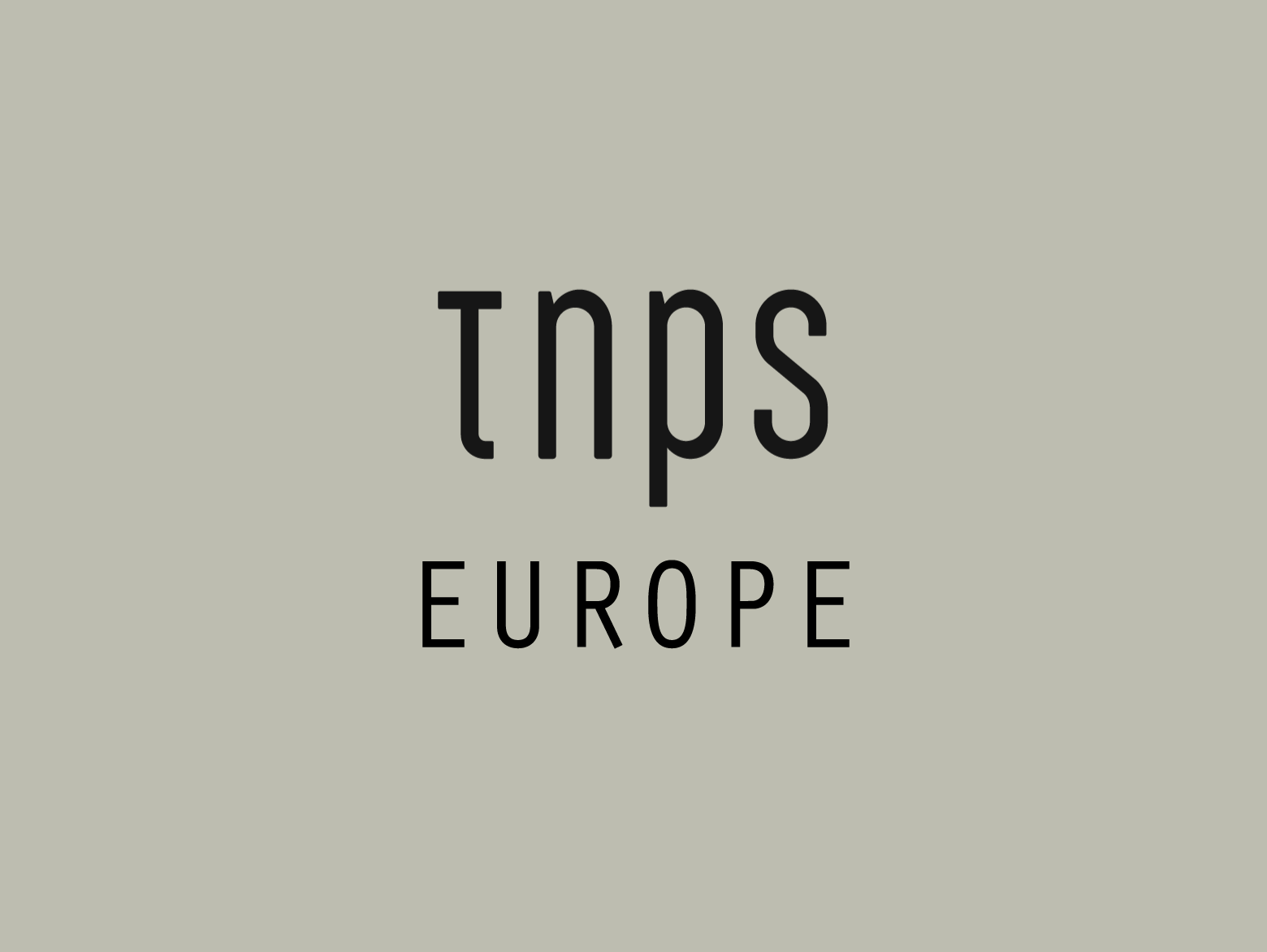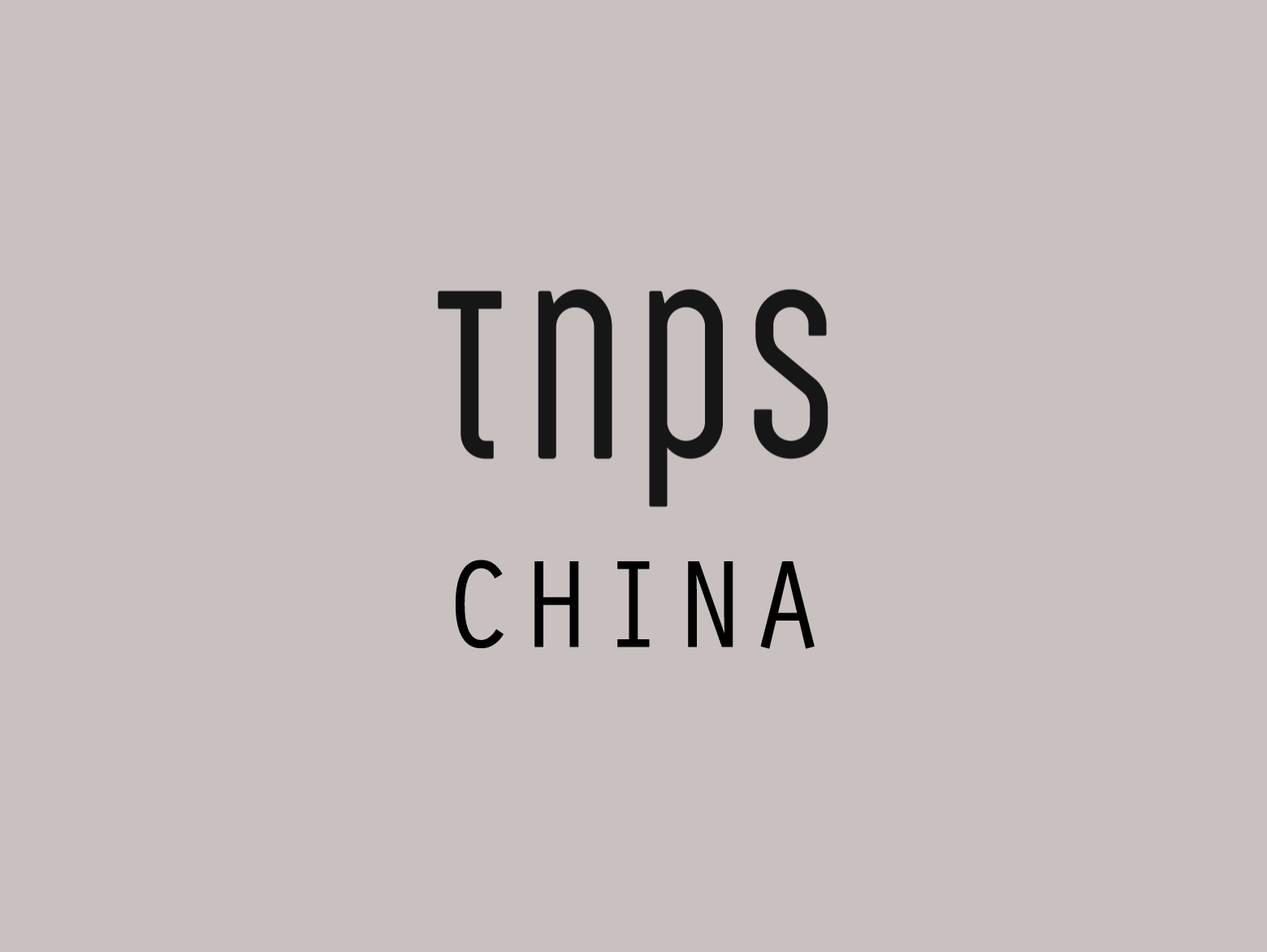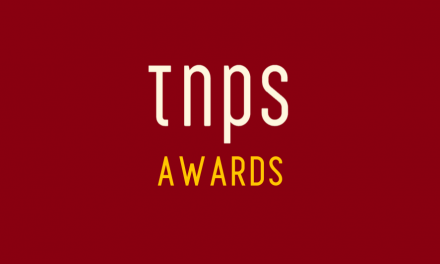The winner of the Prix Albert Londres 2018 will be announced in Istanbul on October 22.
Yes, a French literary prize awarded in Turkey.
The award is the creation of the daughter of the celebrated French author Florise Martinet-Londres, and the awards ceremony this year, writes Actualitté’s Antoine Oury, has
a strong symbolic significance. A delegation of some 30 French journalists will meet Turkish journalists, writers, cartoonists and directors,
in a show of solidarity with Turks fighting for freedom of expression in that country.
Yet with bitter irony one of the shortlisted titles is itself a banned book – in Italy.
The book in question, Jean-Baptiste Malet’s L’Empire de l’or rouge (The Empire of the red gold ), published by Fayard, has been well received in France and beyond, but bizarrely found itself censored in neighbouring Italy.
In an Actualitté post earlier in the week Antoine Oury had explained the background:
Released a few months ago in Italy, Jean-Baptiste Malet’s book The Empire of Red Gold tells a story of capitalism and globalization through the tomato industry and its derivatives. The Italian publisher Piemme, owned by Mondadori, first released the Italian version of the book, then removed the title from its catalog, facing pressure from Giaguaro, a powerful company in the Italian tomato industry.
The book had originally been published in France in May 2017, and, says Oury,
had attracted considerable attention. The author described the capitalist system established around the trade of tomatoes and their derivatives, from French supermarkets to Chinese factories to Italian companies.
While initially well-received in Italy, the Italian version, translated for publisher Piemme by Maria Moresco as Rosso Marcio, suddenly disappeared from shelves, and from the Piemme catalogue.
Actuallitté explains,
…A few months after its publication, (author Jean-Baptiste Malet) was surprised to learn that the book had been removed from the catalogue following an agreement between Piemme, his publisher, and Giaguaro, a company active in the tomato industry.
Actuallitté quotes author Malet as saying,
Giaguaro, a major importer of Chinese (tomato) concentrate, filed a complaint in Italy a few months ago. The company, which was supplying Carrefour to the publication of my book in May 2017, reproached me for harming its image in France and for causing it a decline in its exports of several million euros. The only flaw found in my text justifying the prosecution: not having specified that the company had been cleared following a spectacular search mentioned in the book – the seizure by the carabiniers of 1500 barrels of rotten Chinese concentrate teeming with larvae and worms.
Mondadori sought an accommodation with the author whereby the book could proceed without mention of the tomato company, but the author declined to agree.
At which point Mondadori, as parent company of publisher Piemme, cut the author from the exchanges and proceeded to pull the book from sale.
For the author, Malet, it is a fait accompli. Malet was prepared to argue his case in the law courts, but of course the decision was not his. Parent publisher Mondadori preferred not to go down that route and acquiesced to pressure from Giaguaro.
Mondadori has since intimated the decision was not one of censorship per se but of financial expediency. That the returns on the Italian sales of the book prior did not justify the expense of having the title reprinted without the offending commentary.
Actualitté reports that Giaguaro had previously sought to intervene in France, not with the French publisher but with a French TV company that had broadcast the programme L’angle éco about the subjects covered in the book, observing wryly.
The group had held firm, unlike the Italian publisher …
The Empire of Red Gold has been translated in Japan, Spain and in Germany, and will soon be in Slovenia and Taiwan.
Via Actualitté.
There does not appear to be an English-language version pending, which is a little perturbing. One hopes it is not because Anglophone publishers are wary of the companies mentioned in the book.
For those interested, there is a video about the book available on Amazon (and probably elsewhere, but that’s all I turned up in a quick search).






Wow. In the US they ban books over sex, religion or politics, but leave it the Italians to ban a book on tomatoes. 🙂